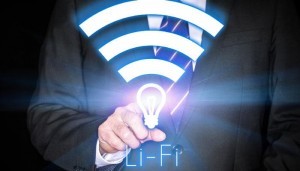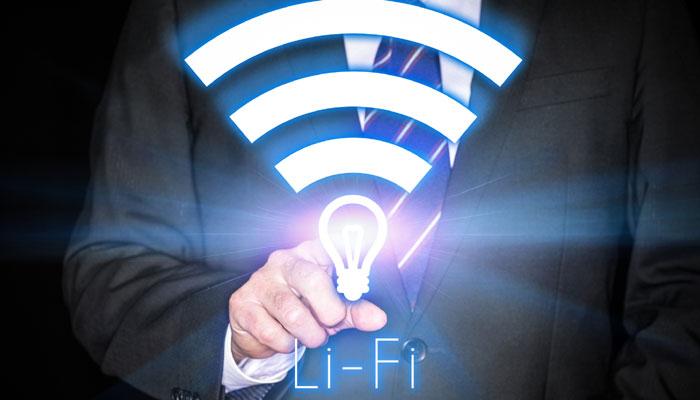- The group will be exploring a networked wireless communication technology that works in the light spectrum, in addition to Wi-Fi and radio waves.
- Their project has been funded by the EU’s largest research and innovation programme, Horizon 2020.

A new EU consortium of companies and academic partners has allocated €6 million (INR 47,65,06,803.60) for a new European LiFi-project, which aims to use light – instead of radio waves – for the Internet of Things (IoT).
The consortium includes Signify, TU Eindhoven, KPN, Nokia, MaxLinear, Deutsche Telekom, Weidmüller, LightBee, the University of Oxford and the two Fraunhofer Institutes Heinrich Hertz Institute (HHI) and FOKUS.
The project – called ELIoT, Enhance Lighting for the Internet of Things – revolves around a technology developed by Eindhoven based Signify that uses LiFi, a next-generation wireless communication network that transmits information through light beams rather than via radio waves, as is the case with WiFi.
During the three-year project, the ELIoT consortium will be exploring a networked wireless communication technology that works in the previously unused light spectrum, in addition to Wi-Fi and radio.
Potential uses cases of LiFi
The partners in the consortium believe that LiFi has many use cases for commercial, industrial or even outdoor applications.
ELIoT has been funded as a project by the EU’s largest research and innovation programme, Horizon 2020. The group is expected to be expanded further.
“With ELIoT, we have created a powerful consortium of companies and organisations from the European lighting and communication industry,” says Dr. Volker Jungnickel (Fraunhofer HHI), who acts as project coordinator.
“ELIoT forms a closed value chain with partners representing the components, chipsets, systems and applications sectors and research institutes, working together on the commercialization of LiFi for the future IoT.”
LiFi can deliver high-speed communication, interference-free with high reliability, according to Prof. Jean-Paul Linnartz, co-initiator of ELIoT and also leading Signify’s research in LiFi.
Inputs: Innovation Origins










